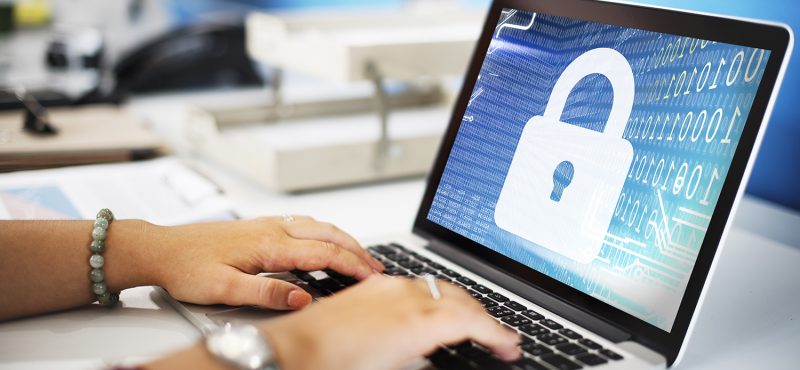October is cybersecurity month, an annual collaboration between government and industry to ensure that Americans have the resources they need to stay safe and secure online. This is particularly important during a pandemic when our already tech-driven lives have become even more so, with virtually every aspect of our daily schedules mediated through devices.
The cybersecurity awareness theme for 2021 is “Do Your Part: #BeCyberSmart.” In order to help all of us to do our part, we’re laying out some practical tips for staying ahead of the hackers and practicing smart cyber-safety.
Use two-factor authentication
Passwords have become more sophisticated over the years, propelled by websites requiring longer passwords with symbols and numbers – and many will even generate one for you. To stay ahead of sophisticated hackers, though, passwords aren’t enough on their own. Consider switching critical accounts to dual, or two-factor authentication (2FA), which adds a second, easy step after password entry: a numeric code, security token, or biometric factor like a face scan or fingerprint.
Don’t tell the world where you are
We’ve all been there: you’re on a trip and you took an Insta-perfect picture and can’t wait to share it with your friends. But posting travel photos has comes with risks: it lets would-be assailants know where you are, and would-be intruders know where you’re not. And the risks become higher when you add geo-tagging, or geographical information metadata, to your posts. How to share safely? Don’t advertise trips ahead of time, wait to post any pictures until you’re home, don’t tag people without their permission, and restrict viewing access to trusted people.
Adjust your privacy settings
While adjusting the settings on individual social posts is important, the next step is to address your privacy settings, globally. Although you may have to do some poking around, every social media site allows you to adjust your settings to lock down your privacy. This allows you not only to regulate who can see your current and prior posts, but it also restricts your personal data from being shared with third parties, blocks certain types of ads, and prevents search engines from linking to your profile.
Rein in those apps
Ever notice that installing a new app seems to invite a host of invasive permissions? These pushy programs often demand access to your contacts, calendar, and seemingly everything else. Fortunately, you don’t have to accept this kind of hostage-taking. On the Privacy or Applications page of your phone, computer, or tablet, you can manage permissions on a per-app or per-feature basis, deciding exactly what they can access and what they cannot. Apps, too, have become better behaved and will now more frequently request permissions as needed instead of a blanket request ahead of time.
Avoid spam
While unsolicited digital communication may save trees, it can be a lot more dangerous than old-fashioned paper “junk mail.” Simply by clicking on a link in a spam email, you can expose yourself to viruses, malware, identity theft, and more. Fortunately, there are ways to stop spam before it overwhelms you. Use anti-virus software and spam-filtering tools. Avoid sharing your email address unnecessarily, especially on websites where it can be easily harvested. Unsubscribe and report unwanted emails to your service provider. And if you came across something particularly noxious, don’t hesitate to report it directly to the Federal Communications Commission. There’s even an option to report text-message spam, by copying the message and forwarding it to 7726.
Cybersecurity isn’t just an individual issue, but a community and a national issue as well. By doing your individual part, you’re contributing to the creation of a safer and more resilient internet, one better positioned to promote economic prosperity and our collective well-being. To find out more about our work to protect your sensitive date through the enactment of a national privacy law, click here.
